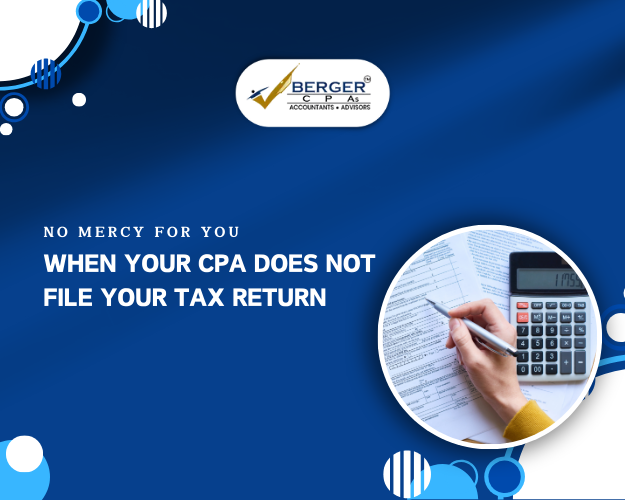
Retirement Account Early Withdrawal Penalties: Avoid Them
Do you want to spend the retirement money in your account? Here are some cautions you need to take to avoid early withdrawal penalties. Read on to know more.
For those beneficiaries who are less than 59 ½ years you may have to pay a 10% penalty tax for early withdrawal. It is in addition to the regular income tax you pay when you withdraw the money from tax-deferred accounts like 401(k)s and traditional IRAs.
Though, the penalty applies to withdrawals of Roth account earnings and not to contributions. You can escape the withdrawal penalties if the account is held for over five years. But, no worries, you can still withdraw the penalty-free before the age of 59 ½ years as a result of the SECURE 2.0 Act.
So here are the penalty exceptions:
1. When to start withdrawing your money
The substantially equal periodic payments (SEPPs) come with penalty-free withdrawals. Moreover, there are no restrictions on what withdrawals should be used for, and there is no eligibility criteria. The money can be used to fill the gaps in your income till you become eligible to collect Social Security or other retirement benefits. Since there is no age limit, the IRA owner can start taking the SEPPs in their twenties.
2. Permanent or temporary Disability
Penalty-free withdrawal is applicable to those with a partial or permanent disability before reaching the age of 59 ½ years.
3. To pay medical expenses
The money can be withdrawn from the retirement account to pay medical costs that will not be reimbursed. The withdrawal cannot exceed 7.5% of the adjusted gross income without being subject to penalty tax. The rule is to pay the medical expenses in the same calendar year the withdrawal is made.
4. Resign your job
There is no penalty tax on money distributed from a qualified plan like 401(k) if you quit your job before turning 55.
5. When you die
If the person dies, those inheriting the account are not subjected to a 10% tax penalty. The deceased’s spouse can transfer the money into their own IRA or tax-free retirement plan.
6.Owe money to IRS, levies on IRA
Those owing money to the IRS are levied on their IRA or qualified plan. In this case, there is no need to pay the penalty on the amount taken by the IRS.
7.Birth or adoption expenses
If you have expenses on birth or adoption, the withdrawal can be up to $5,000 per child, free of penalty.

 Client Login
Client Login





